Accra, Selikem Norfegali – The President of the Ghana Catholic Bishops’ Conference, Most Rev. Matthew Gyamfi, has said the country’s escalating youth unemployment crisis is no longer just a development concern, but a pressing national security threat and a moral emergency.
Delivering the welcome address at the second National Forum of the Sahel Peace Initiative (SPI), held at Christ the King Hall in Accra on Tuesday, Bishop Gyamfi emphasised the critical need for bold and urgent action to address the widespread joblessness facing Ghanaian youth.
“The high rate of youth unemployment in Ghana is not simply a development issue, it is a matter of national security, and, indeed, of moral urgency,” he declared. “We cannot afford to ignore the silent emergencies in our communities: the disaffection of a jobless graduate, the drift of rural youth toward illicit economies, or the subtle grooming of vulnerable minds by agents of extremism.”
The Forum, themed “The Political Economy of Conflict in Ghana: Addressing Youth Unemployment as a Catalyst for Security and Social Cohesion,” drew participants from government, religious and traditional leadership, civil society, and the international development community.
It formed part of a broader regional effort under the SPI—a collaborative initiative of the Episcopal Conferences of Ghana, Côte d’Ivoire, Burkina Faso, Mali, and Niger—to counter violent extremism and promote peace across the Sahel.
Most Rev. Gyamfi urged stakeholders to look beyond surface symptoms of unrest and examine the deeper structural causes of social discontent. “The theme of this Forum invites us to probe beneath the surface. It demands that we engage not only the visible outbreaks of discontent but the economic and political architecture that too often nourishes exclusion, resentment, and despair.”
He linked sustainable peace directly to the provision of economic dignity, access to education, and inclusive policies that empower young people. “To speak of peace in such a context is to speak of economic dignity, educational access, and pathways of inclusion. We must remember that a nation’s cohesion is not decreed by slogans but shaped by policies that open doors and honour the dreams of all its children,” he stressed.
While acknowledging that the Church may not have all the solutions, the Bishop reaffirmed the Catholic Church’s commitment to constructive dialogue and collaboration.
“As Church, we do not presume to possess all the answers. But we believe in convening honest dialogue, in bearing witness to the Gospel of peace, and in walking with all partners who share the conviction that another Ghana, and indeed another Sahel, is possible,” Bishop Gyamfi said.





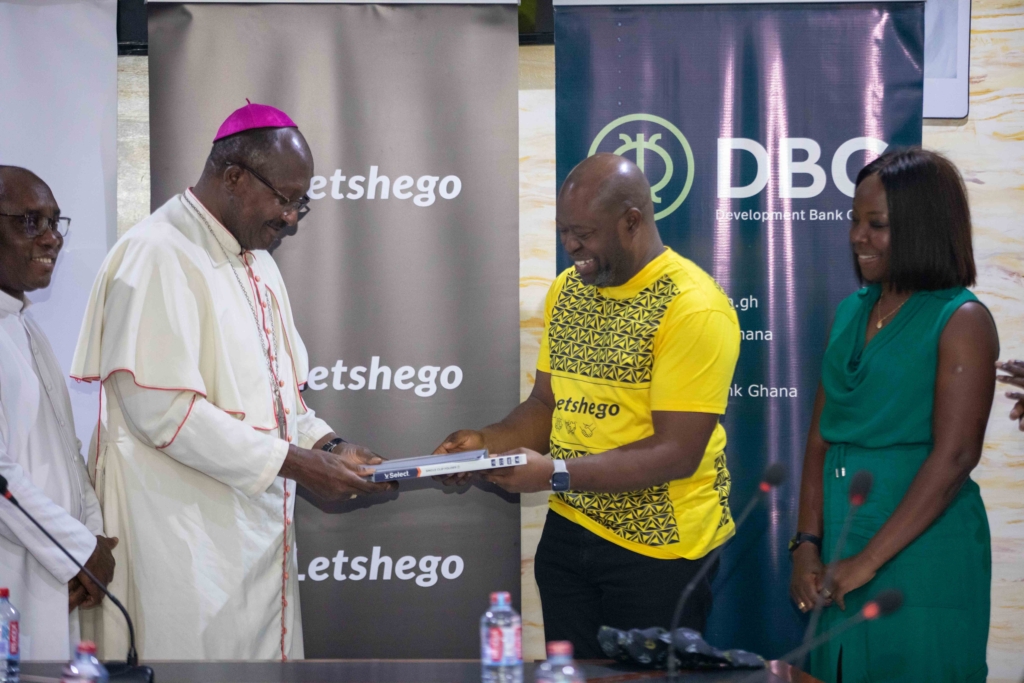
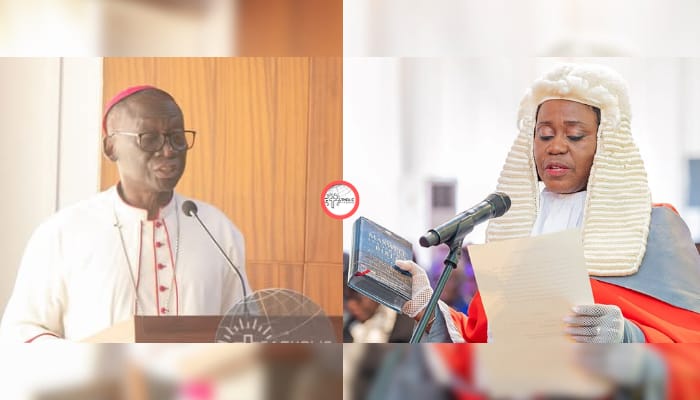
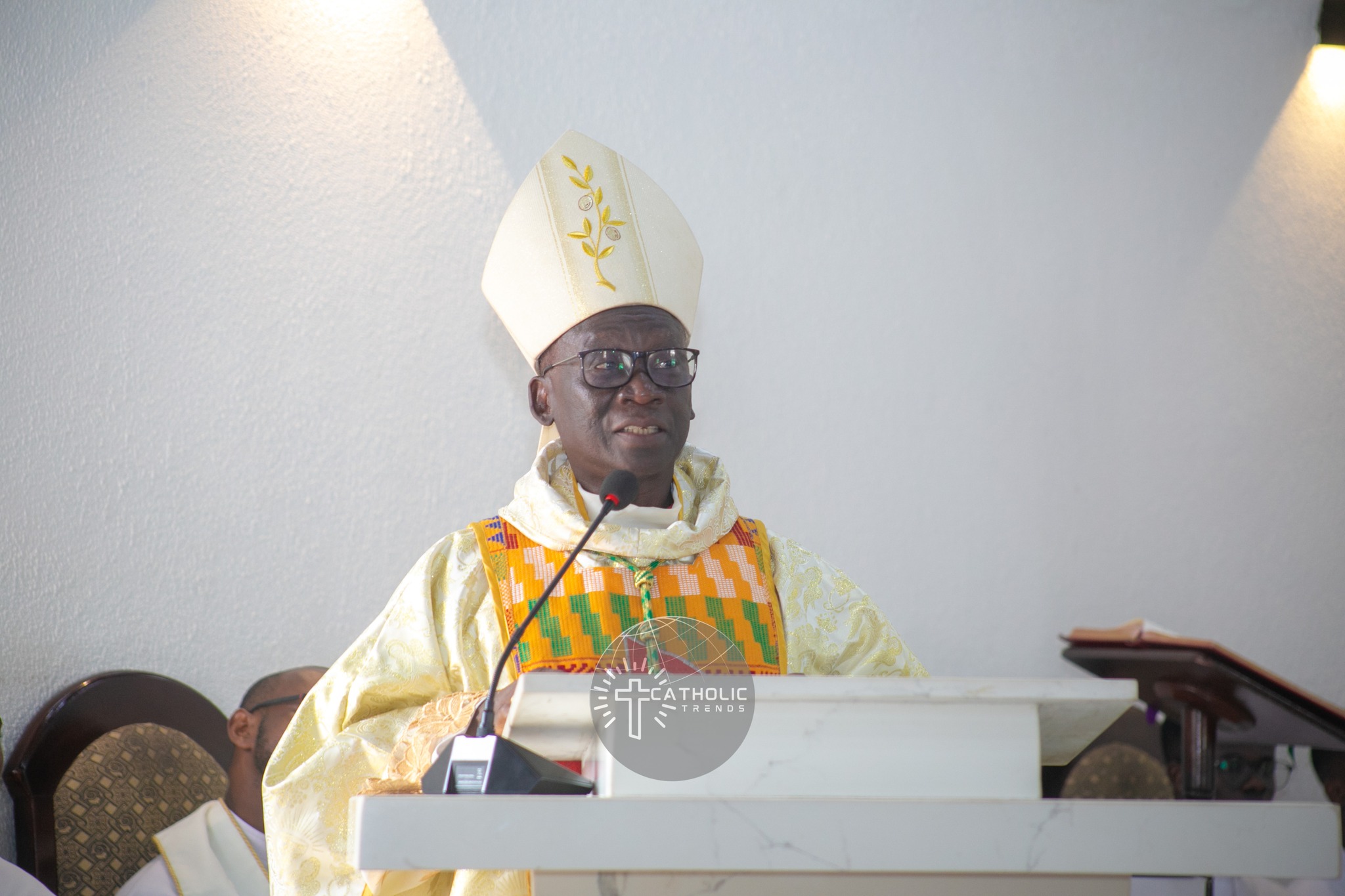

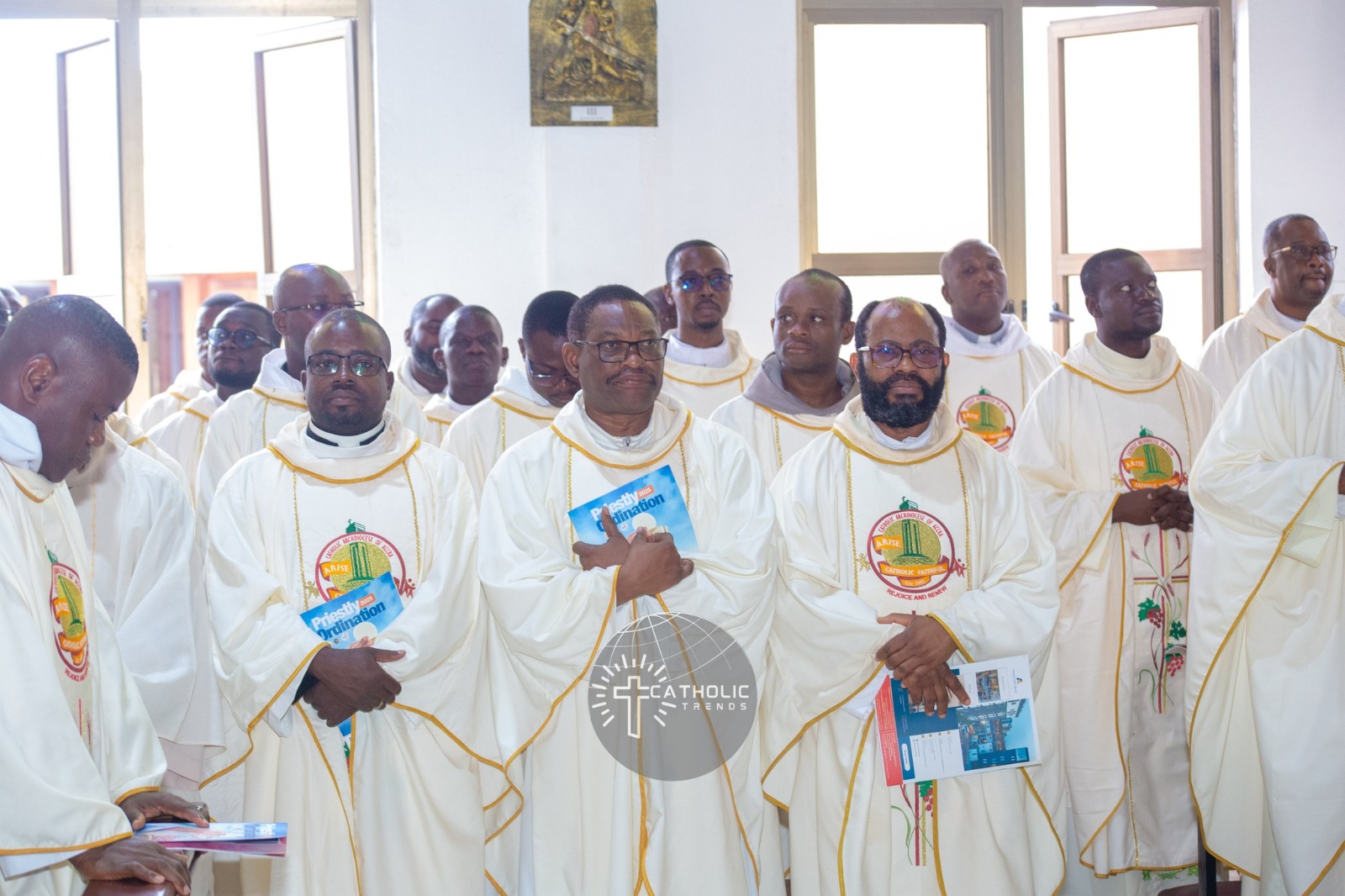

![[Article] Beginning Holy Matrimony without the bride and, or the groom? – Part 1](https://catholic-trends.com/wp-content/uploads/2025/05/4.jpg)


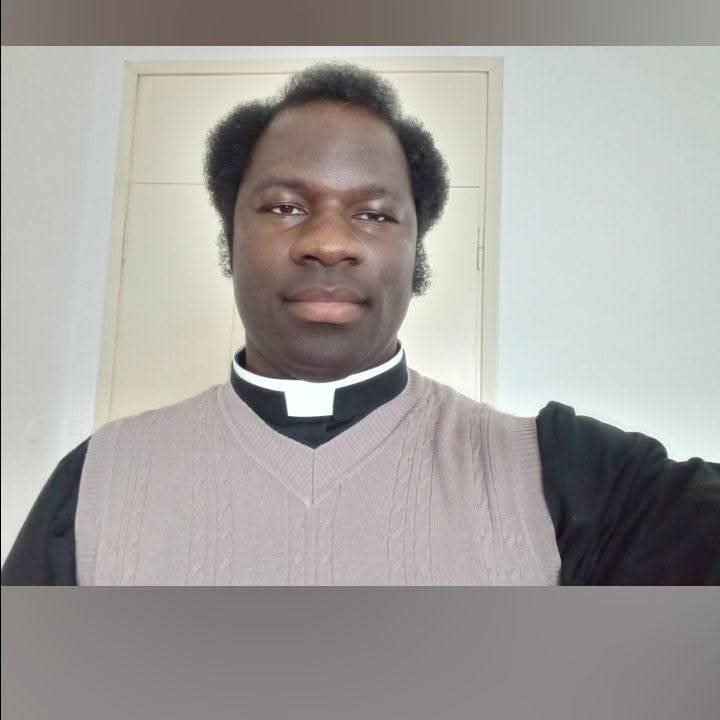
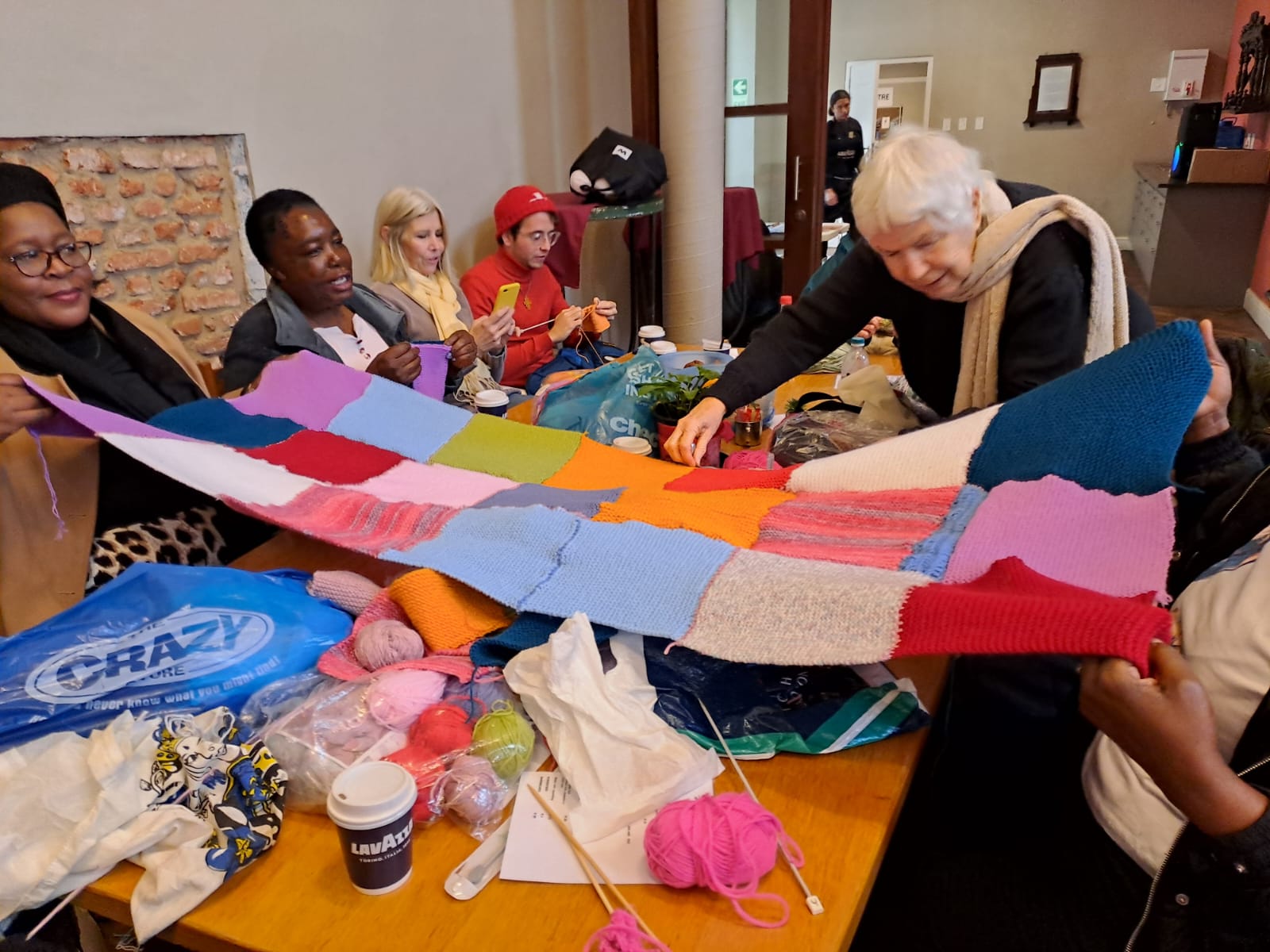
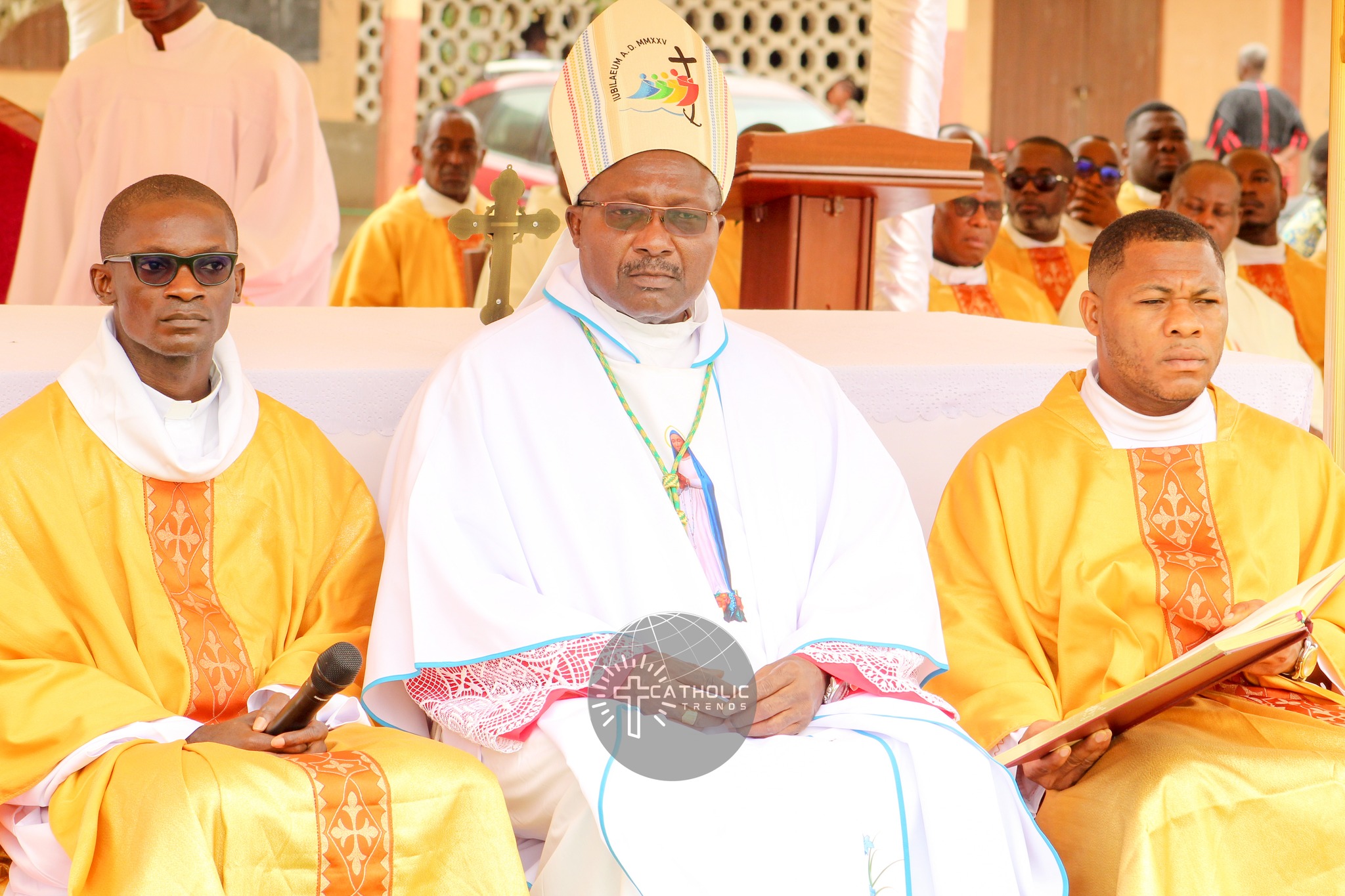
![[Reflection] Jubilee Year : Awaken and allow hope to flourish](https://catholic-trends.com/wp-content/uploads/2025/08/Screenshot-2025-08-12-192412.png)

Discussion about this post